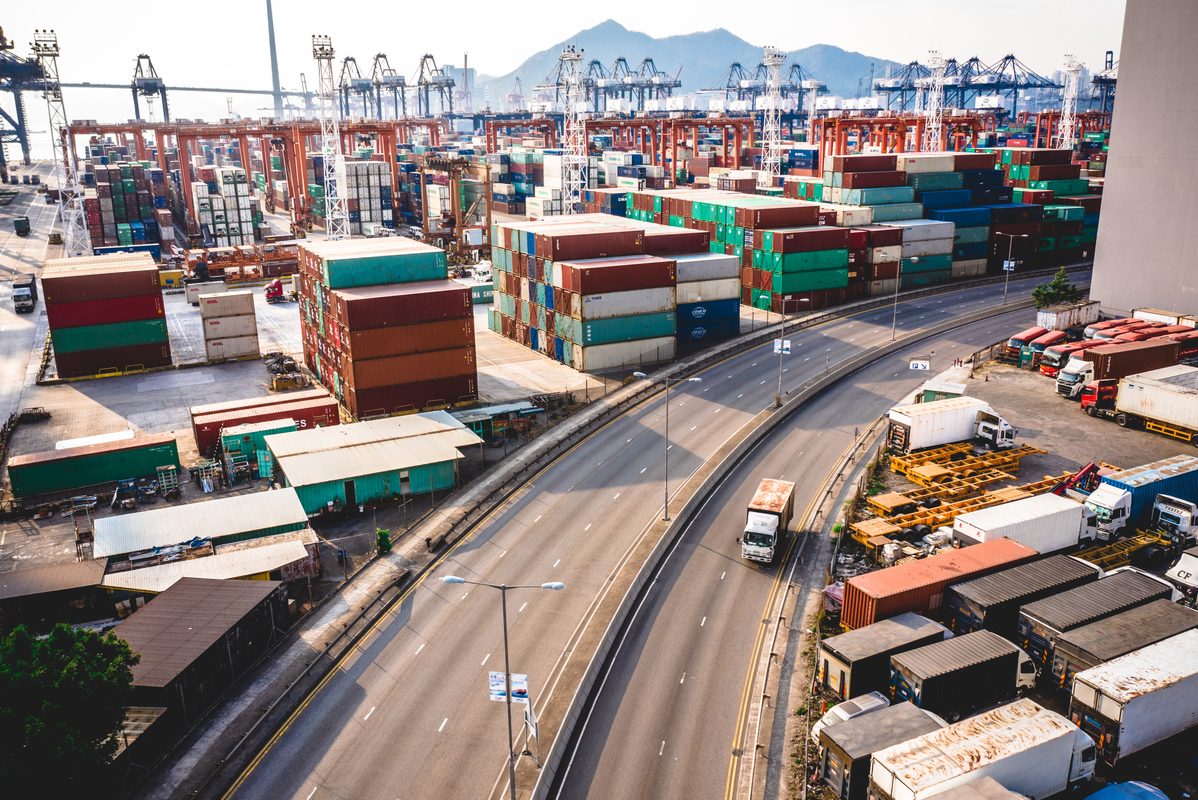As Saudi Arabia and the United Arab Emirates double down on efforts to diversify their economies and enhance the contribution of research and development activities and innovation sectors, cooperation with China will remain important, experts say.
Given China’s commitment to “win-win cooperation” and the broad engagements of its mega Belt and Road global infrastructure program, the Asian giant can help accelerate the rollout of advanced technologies in the Middle East region, they said.
Deniz Istikbal, an economic researcher at the Foundation for Political, Economic and Social Research, a policy think-tank based in Ankara, Turkey, told China Daily that as one of the world’s largest research and development spenders, “China is important for Western Asian countries”.
“Due to its technology infrastructure, manufacturing industry and production capacity, Saudi Arabia and the UAE should increase their cooperation with China in the field of technology and encourage the investments of Chinese companies,” said Istikbal.
In an interview with CNN last month, Saudi Arabia’s Foreign Minister Prince Faisal Bin Farhan said his nation is “always looking for what is best for us” and what fits the Saudi technological needs. For the region to have a pathway to sustainable prosperity, it “needs cooperation and not confrontation”, he said, stressing China’s importance as the world’s second-largest economy.
The minister also said that the Saudis are not going to make themselves confined to one supplier, as “it just does not make commercial sense”.
On June 30, Saudi Crown Prince Mohammed bin Salman, who is chairman of his nation’s Supreme Committee for Research, Development and Innovation, or RDI, announced that his country’s ambition is to become a global leader in RDI in the next two decades with an annual investment equivalent to 2.5 percent of gross domestic product in 2040.
He said this will diversify and add $16 billion to the economy while creating high-value jobs in science and technology, the Saudi Press Agency reported. The areas of priorities cover health and wellness, sustainable environment and supply of essential needs, and energy and industrial leadership of the future.
On July 13, United Arab Emirates President Sheikh Mohamed bin Zayed Al Nahyan had also set out his national vision, saying that diversifying the UAE economy is a fundamental necessity, and stressing the value of human capital and the pursuit of science and technology.
In May this year, Saudi Telecom Company entered a joint venture with Chinese tech giant Alibaba Group to launch a cloud services company in Riyadh, with an initial investment of $238 million.
The new Alibaba Cloud venture also counts the Saudi Company for Artificial Intelligence, the Saudi Information Technology Company, and eWTP Arabia Technology Innovation as partners, the Saudi Press Agency reported.
As for the UAE, it is looking at an important role in the BRI, and aims to build a trade and infrastructure network linking Asia with the continents of Europe and Africa, according to Anis Khayati, an economics professor at the University of Bahrain.
He said it became vital for the UAE to find economic alternatives and solutions in order to enhance its growth prospects and foster foreign investments.
China and the UAE’s cooperation in research, development and innovation have already gone deep, notably in regard to COVID-19 vaccine cooperation, with the UAE the first country to approve the emergency use of Sinopharm-developed anti-coronavirus shots and later taking steps to manufacture the vaccines on its own soil.
The UAE has invited the Chinese to set up projects in the Arab nation, “and Emirati officials have drawn the attention of their Chinese counterparts that the UAE has national industries that they want to export, such as aluminium and chemical fertilizers, expressing their hope that these industries will find markets in China”, Khayati said.
Though the UAE has been doing relatively well in terms of diversifying its economy, it still needs to move forward to more complex products and sectors, Khayati said.
Mohammad Salami, an associate researcher at Pakistan-based International Institute for Global Strategic Analysis, said China “is the best option” to help strengthen the Gulf countries’ R&D sectors as unlike Western powers, China provides the advanced technologies more easily.
“Western countries subject their technologies to some conditions such as the mandatory implementation of liberalism or human rights, but Beijing does not consider such conditions,” Salami noted.
Further, he said, there is a clear difference between Chinese and Western countries’ aid to the Gulf countries.
“Westerners are in business with these countries only for the purpose of trade, but China is interested in improving the infrastructure of these countries, to develop the Belt and Road Initiative,” Salami said, adding that collaboration with China represents “win-win” results.
(ANN / China Daily)











